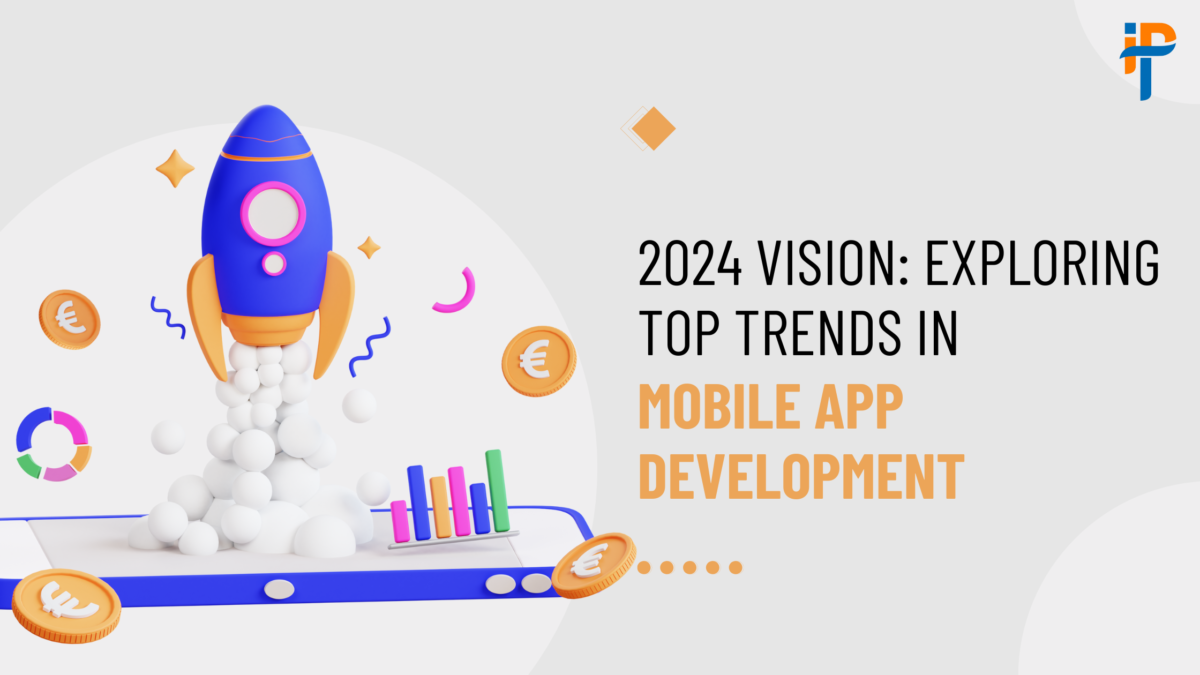Introduction
In the ever-evolving landscape of technology, mobile app development continues to be at the forefront, shaping the way we interact with the digital world. As we step into 2024, it’s crucial to analyze the emerging trends that are revolutionizing the field of mobile app development.
From iOS and Mac app development to Android app development, the industry is witnessing significant advancements driven by cutting-edge technologies. Let’s delve into the top trends that are defining the future of mobile app development.
Trends in Mobile App Development
- AI and Machine Learning Integration: AI and machine learning are no longer just buzzwords; they are driving forces behind intelligent mobile applications. From personalized recommendations to predictive analysis, AI algorithms are enhancing user experiences and streamlining processes. Mobile app developers are integrating AI-powered chatbots, voice assistants, and recommendation systems to provide tailored solutions to users.
- 5G Technology: With the widespread adoption of 5G technology, mobile app developers have a broader canvas to paint their innovations. The lightning-fast speeds and low latency offered by 5G networks unlock new possibilities for immersive experiences such as augmented reality (AR) and virtual reality (VR) applications. Developers are leveraging 5G to create real-time multiplayer games, high-definition video streaming apps, and IoT-driven solutions.
- Cross-Platform Development: As the demand for apps across multiple platforms continues to rise, developers are embracing cross-platform development frameworks like Flutter, React Native, and Xamarin. These frameworks allow developers to write code once and deploy it across iOS, Android, and even web platforms, reducing development time and costs significantly. Cross-platform development also ensures consistency in user experience across different devices.
- IoT Integration: The Internet of Things (IoT) ecosystem is expanding rapidly, and mobile apps serve as a gateway to control and monitor connected devices. Whether it’s smart home appliances, wearable devices, or industrial IoT solutions, mobile apps play a pivotal role in enabling seamless communication between users and their connected devices. Mobile app developers are focusing on creating intuitive interfaces and robust backend systems to support IoT integration.
- Enhanced Security Measures: With cybersecurity threats on the rise, ensuring the security of mobile applications has become paramount. Developers are implementing advanced encryption techniques, biometric authentication, and secure communication protocols to safeguard user data and privacy. Compliance with regulations such as GDPR and CCPA is also a top priority for app developers, ensuring transparency and accountability in data handling practices.
- Progressive Web Apps (PWAs): Progressive web apps combine the best of web and mobile app experiences, offering users fast, reliable, and engaging interactions. PWAs are web applications that leverage modern web technologies to provide app-like experiences across different devices and platforms. With features like offline access, push notifications, and seamless installation, PWAs are gaining traction as a cost-effective alternative to native mobile apps.
- Augmented Reality (AR) and Virtual Reality (VR): AR and VR technologies are reshaping the way we interact with digital content, opening up new possibilities in gaming, education, healthcare, and retail sectors. Mobile app developers are harnessing the power of ARKit (for iOS) and ARCore (for Android) to create immersive AR experiences, while VR headsets coupled with mobile apps offer immersive gaming and simulation experiences.
In conclusion, the landscape of mobile app development is evolving at a rapid pace, driven by technological advancements and changing user preferences. From harnessing the power of AI and 5G to embracing cross-platform development and IoT integration, developers are at the forefront of innovation. By staying abreast of these top trends and leveraging emerging technologies, mobile app developers can create transformative experiences that shape the future of digital interactions.
